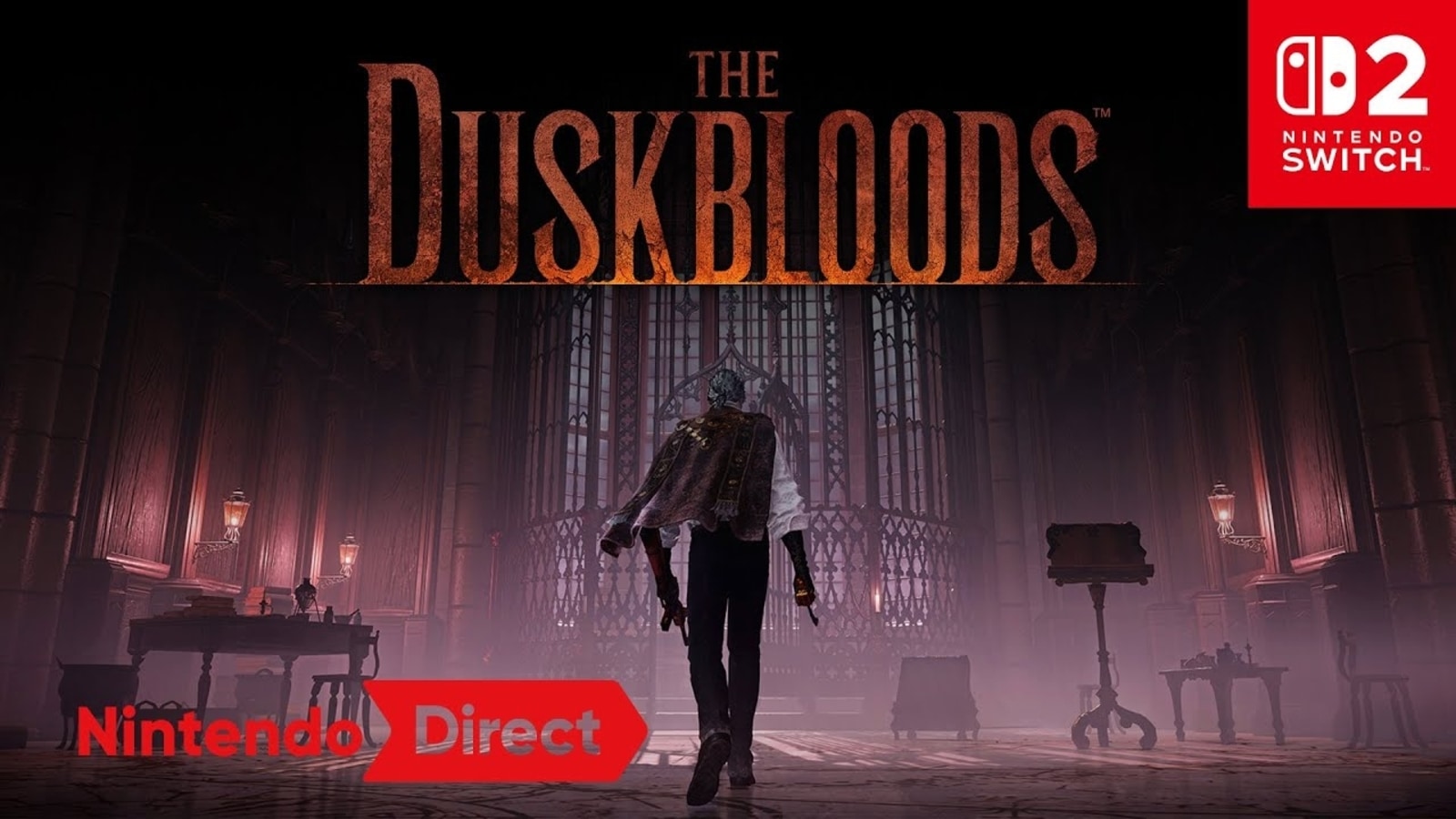As the war in Ukraine approaches its 100th day, President Volodymyr Zelensky said on Thursday that Russian forces now control one-fifth of the country, a blunt acknowledgment of the slow but substantial gains that Moscow has made in recent weeks.
Though battered, depleted and repulsed from their initial drive to capture the Ukrainian capital of Kyiv, Russian troops have used their superior artillery power to grind closer to their goal of taking over the eastern regions of Luhansk and Donetsk, known collectively as the Donbas, where Kremlin-backed separatists have been fighting Ukrainian troops since 2014.
Mr. Zelensky said Russia had expanded its control of Ukrainian territory from an area roughly the size of the Netherlands before the invasion began to an area now greater than the Netherlands, Belgium and Luxembourg combined. Seizing that swath of land could give President Vladimir V. Putin of Russia huge leverage in any future talks to end the war, as well as a base of operations to launch further attacks inside Ukraine.
Yet momentum in the war can shift quickly and unpredictably. As Russia has pounded targets in the east, Ukrainian forces have regained control of 20 small towns and villages in a counteroffensive in the south of the country, a regional official, Hennadiy Lahuta, said on national television.
Fighting was raging, Mr. Zelensky said, along a roughly 620-mile-long, crescent-shaped front that stretches from around the northeastern city of Kharkiv to the outskirts of Mykolaiv, near the Black Sea, in the south.
“If you look at the entire front line, and it is, of course, not straight, this line is more than a thousand kilometers,” Mr. Zelensky said in a video address to the Parliament of Luxembourg. “Just imagine! Constant fighting, which stretched along the front line for more than a thousand kilometers.”
Amid intense battles and heavy losses suffered by both the Russian and Ukrainian armies, the arrival of more sophisticated and powerful weapons from Western nations could alter the dynamic on the battlefield.
President Biden this week promised to send Ukraine advanced rocket systems that can target enemy positions from nearly 50 miles away, and Chancellor Olaf Scholz of Germany pledged to ship a sophisticated air defense system and a tracking radar capable of pinpointing Russian artillery.
For now, Moscow’s main military target is Sievierodonetsk, the last major city in the Luhansk region that is not in Russian hands. Russian forces have shelled the area for weeks, reducing much of the city to depopulated rubble.
Russia controls about 70 percent of the city, although a regional official said on Thursday that Ukrainian troops had forced Russian soldiers back from several streets amid fierce urban combat.
Russian forces have renewed assaults to the west of the city in an effort to sever a Ukrainian supply line along a highway and side roads that the Ukrainians have called the “road of life,” the Institute for the Study of War, a Washington research group, said in an assessment.
“The Russian army is trying to break through the defenses of the armed forces of Ukraine,” Serhiy Haidai, the military governor of the Ukrainian-controlled portions of the Luhansk region, wrote on Telegram.
“Now, the main goal for them is Sievierodonetsk, but they had no success overnight,” he wrote.
Military analysts have viewed the Ukrainian army’s decision to hold out in the city as a risky maneuver. It allows the Ukrainians to inflict casualties on Russian troops but could also result in heavy losses for Ukrainian soldiers, who have been besieged by relentless artillery fire.
Mr. Zelensky said that more than 14,000 Ukrainian civilians and service members had been killed in conflict with Russia since 2014, when it seized Crimea. More than 8 million Ukrainians have been internally displaced since Russia’s invasion in February, and more than 6.5 million have fled to other countries as refugees, according to the United Nations.
In his nightly address to the nation Thursday, Mr. Zelensky said that more than 200,000 children had been deported since the invasion began. He called the deportations “one of Russia’s most heinous war crimes.”
“These are orphans from orphanages. Children with parents. Children separated from their families,” Mr. Zelensky said. “The Russian state disperses these people on its territory, settles our citizens, in particular, in remote regions. The purpose of this criminal policy is not just to steal people, but to make deportees forget about Ukraine and not be able to return.”
Russia has denied that people are being forced to leave Ukraine, saying that the 1.5 million Ukrainians now in Russia were evacuated for their own safety. On Thursday, the Russian Defense Ministry said that over the past 24 hours, 18,886 people had been evacuated from eastern Ukraine, including 2,663 children.
American officials have rejected Russia’s claims that it has been offering Ukrainians humanitarian relief by moving them to Kremlin-controlled territory.
Russia-Ukraine War: Key Developments
On the ground. Ukraine said it was making progress in its counterattack in the south of the country and had regained some ground outside the Russian-occupied city of Kherson. Ukrainian troops pushed Russian soldiers back in street battles in the city of Sievierodonetsk, indicating that fighting there continued.
“As many eyewitness accounts have described in detail, Russia is subjecting many of these civilians to brutal interrogations in so-called filtration camps,” Michael Carpenter, the United States ambassador to the Organization for Security and Cooperation in Europe, said in a speech this month in Vienna.
Raising the issue again this week, he said: “Local residents who try to escape Russia’s reign of fear and brutality risk abduction and forced deportation to Russia or Russia-held areas.”
Russia has not released casualty figures for its troops since late March, when it said 1,351 soldiers had died. Mr. Zelensky said Ukrainian officials believe that at least 30,000 Russian troops have been killed. In late March, NATO estimated that 7,000 to 15,000 Russian troops had been killed.
In an effort to isolate and punish Mr. Putin and his allies for having launched the invasion, the Biden administration on Thursday announced a new set of sanctions aimed at freezing the shadowy network of international assets that Mr. Putin and members of his inner circle use to hide their wealth.
Among the targets were four yachts linked to the Russian leader: the Shellest, the Nega, the Graceful and the Olympia. Mr. Putin has used some of the vessels for ocean excursions, including one outing last year on the Black Sea with Aleksandr G. Lukashenko, the strongman leader of Belarus, who has supported the invasion of Ukraine, the administration said.
The sanctions also targeted several prominent members of the Russian elite, including Sergei Roldugin, a cellist, conductor and artistic director of the St. Petersburg Music House, whom the administration called a close Putin associate, godfather to one of Mr. Putin’s daughters and custodian of the Russian president’s offshore wealth.
Mr. Roldugin was added to the European Union’s sanctions list in late February, days after Russia’s invasion of Ukraine. He has been described as “Putin’s wallet.”
Following a drop in Russian oil exports caused in part by Western sanctions, a group of oil-producing nations known as OPEC Plus agreed on Thursday to raise production levels in July and August. The agreement followed months of lobbying by the White House, but analysts said it was too slight to ease high gas prices that have posed a political challenge for Democrats in the midterm elections.
OPEC Plus, which includes Russia, Saudi Arabia and other major oil producers, announced the plan to increase production just days after the European Union agreed to ban most imports of Russian oil, imposing a harsh penalty on Moscow that also threatened to drive European energy costs higher.
As E.U. negotiators finalized the details of the oil embargo and other sanctions against Russia, they made a change at the insistence of Hungary, removing from the sanctions list Patriarch Kirill I, the leader of the Moscow-based Russian Orthodox Church, who has been accused of offering spiritual cover for the invasion of Ukraine.
Reporting was contributed by Matina Stevis-Gridneff, Julian E. Barnes, Michael Forsythe, Stanley Reed and Andrew E. Kramer.

























